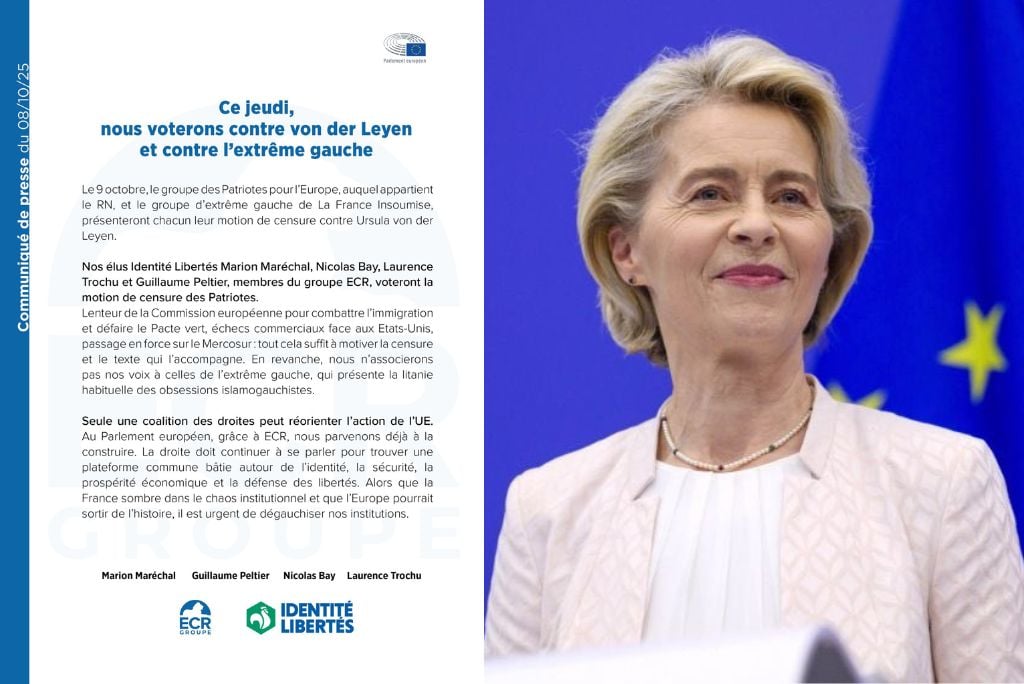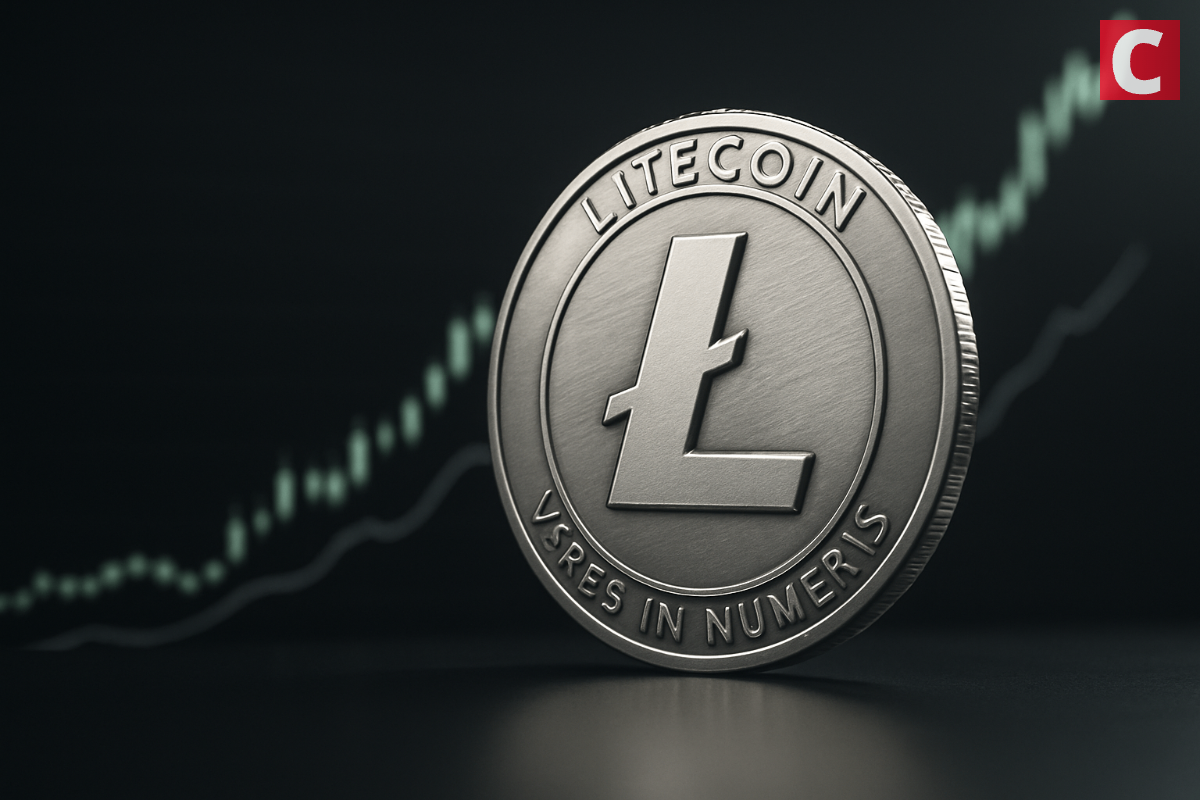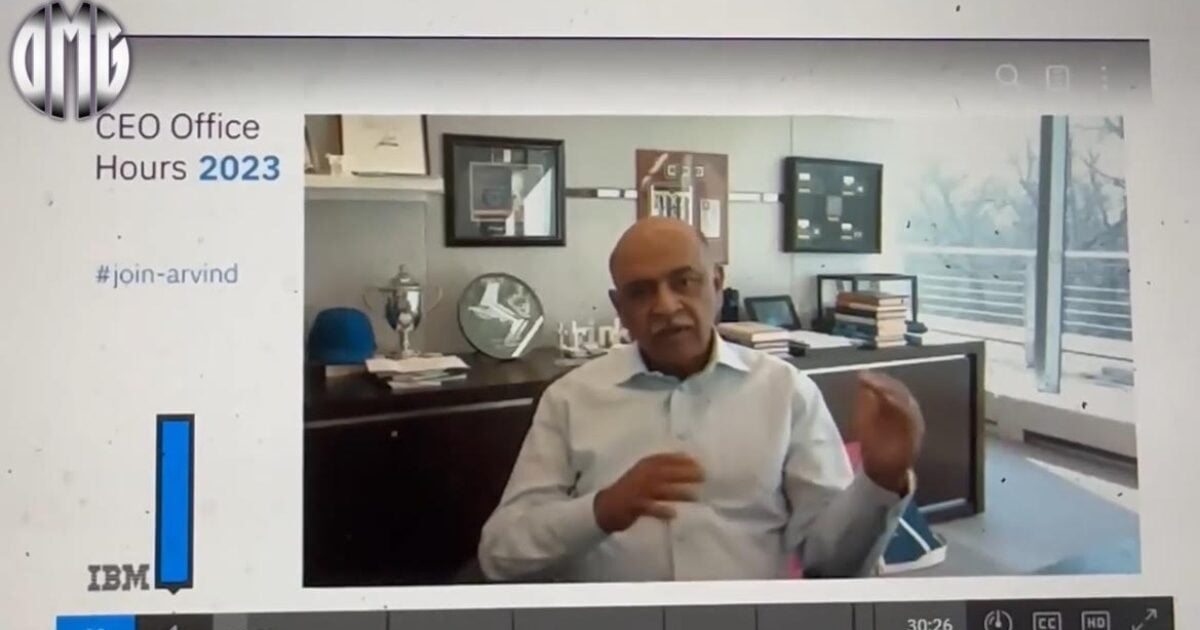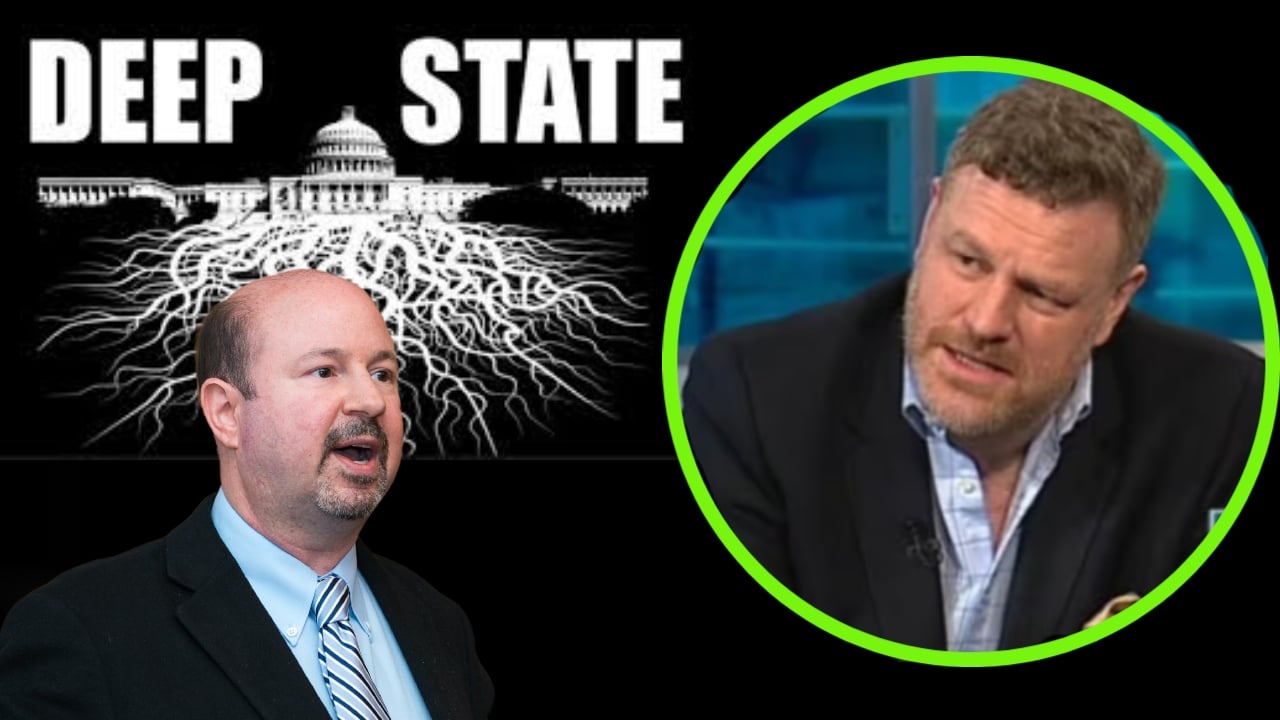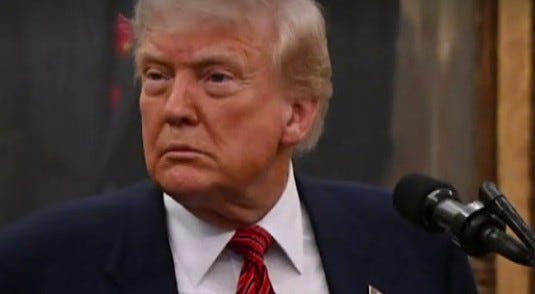Yesterday, Thursday, October 9, 2025, the French delegation of Identity and Democracy/Conservatives and Reformists Europe (IDL/ECR) voted in favor of a censure motion filed by the Patriots for Europe (PfE) group against European Commission President Ursula von der Leyen.
Here is the translation of the statement:
Statement
This Thursday, we will vote against von der Leyen and against the extreme left.
On October 9, the Patriots for Europe group, which includes the RN, and the extreme left group La France Insoumise will each present their own censure motion against Ursula von der Leyen.
Our Identité Libertés MEPs Marion Maréchal, Nicolas Bay, Laurence Trochu, and Guillaume Peltier, members of the ECR group, will vote for the Patriots for Europe censure motion to combat mass immigration and dismantle the European Commission, which has succumbed to trade deals with the United States, imposed the Green Deal, and forced the Mercosur agreement. These are sufficient reasons to justify the censure, along with the accompanying text. However, we will not join our voices with those of the extreme left, which presents the usual litany of their Islamo-leftist obsessions.
Only a right-wing coalition can reorient the EU’s action. In the European Parliament, thanks to the ECR, we have managed to move beyond the current framework. The right must continue to speak out to find a common platform based on identity, security, economic prosperity, and the defense of freedoms. As France sinks into institutional chaos and Europe risks fading from history, it is urgent to de-leftize our institutions.
Marion Maréchal
Guillaume Peltier
Nicolas Bay
Laurence Trochu
ECR Group
Identité Libertés
This marks the third such motion in less than a year, highlighting growing fissures within the EU’s political elite.
Although it is unlikely the motion will succeed—requiring a two-thirds majority of the 720 MEPs—it reflects an increasing conservative rejection of what critics call von der Leyen’s «globalist agenda,» which prioritizes unelected bureaucrats over sovereign nations.Patriots for Europe, the Parliament’s third-largest group with 85 seats, filed the motion on September 10, 2025, just 20 seconds before a parallel motion from The Left group.
Led by Jordan Bardella of France’s National Rally, PfE accuses von der Leyen of a «triple betrayal»: to farmers through disastrous trade deals, to consumers with uncontrolled inflation, and to the environment with hypocritical green policies.»
«Nothing healthy can come from these backroom deals. We must end the negotiations and let the French people have their say: while the political class debates, the French suffer. We demand a return to the ballot boxes!» Bardella stated.
Von der Leyen’s second term, which began in 2024 with great fanfare, has been marred by scandals and political missteps.
The PfE motion revives «Pfizergate,» where a May 2025 General Court ruling overturned the Commission’s refusal to release text messages between von der Leyen and Pfizer CEO Albert Bourla during COVID-19 vaccine negotiations.
These exchanges, involving 1.8 billion doses worth €35 billion, were deemed essential for transparency under EU access-to-documents rules.
Trade policy forms the core of the accusation. The EU-Mercosur deal, finalized in December 2024 under von der Leyen, opens European markets to hormone-treated beef and deforestation-linked soy from South America, devastating farmers already burdened by Green Deal regulations.
PfE argues this «hands European industry over to foreign interests,» echoing protests that paralyzed France and Germany last year.Similarly, the EU-US trade framework is criticized as «asymmetrical,» favoring U.S. tariffs while exposing European agriculture to unfair competition.
Immigration is another flashpoint. Under von der Leyen, illegal crossings hit record highs in 2025, with Frontex reporting over 1.2 million detections despite the «disastrous» Migration Pact passed by Parliament.
Behind Bruno Retailleau’s firm statements, the relentless reality of the numbers: France is breaking all immigration records. A policy of words is no longer sustainable in the face of the danger of France’s disappearance under the weight of uncontrolled immigration.
PfE contends this pact accelerates «mass immigration» without securing borders, threatening «our identity and security.» Bardella, whose National Rally triumphed in France’s 2024 elections, frames it as a direct attack on national sovereignty.
The support of the French ECR delegation bolsters PfE’s initiative. Comprising hardline conservatives from parties like Reconquête, this group—part of the ECR family—has long criticized von der Leyen’s «warmongering» and lack of accountability.
Their vote aligns with ECR’s decision not to impose a party line, allowing national delegations to act «according to conscience.»
In the failed July censure, initiated by the Romanian and Polish wings of ECR, 175 MEPs supported ouster, including most PfE members. This time, projections suggest up to 237 could oppose von der Leyen if ECR fractures further.
PfE’s formation in July 2024 united France’s National Rally (31 MEPs), Hungary’s Fidesz (10), and Austria’s Freedom Party (6), among others, into a sovereignist force.
Backed by Viktor Orbán, who labeled von der Leyen’s September State of the Union address «radically pro-war,» the group demands the repatriation of powers to member states.
Gál, a key Fidesz figure, warns the EU is «weaker than ever,» with von der Leyen’s decisions «destroying the continent’s economy» and «undermining sovereignty.»
Centrist allies like the EPP, S&D, Renew, and Greens will likely shield von der Leyen, as in July when 360 voted in her favor.
However, cracks are showing: Iratxe García of S&D hints at future censures if trade or Gaza policies falter. Renew calls the motions a «bi-monthly game» degrading Parliament.
This unprecedented dual censure—with PfE and The Left uniting on trade grievances—is no mere formality. It exposes von der Leyen’s tightrope: aligning with the far-right ECR on migration while alienating farmers and fueling populist surges. As Bardella thundered, «Europeans deserve better.»
Von der Leyen will likely survive Thursday’s vote, but only just. The real verdict lies with Europe’s voters, tired of Brussels’ overreach.
Reflecting on this spectacle, the irony is inescapable: a German technocrat, elected by elites, now besieged by patriots demanding accountability.
Von der Leyen’s tenure reeks of the opacity she condemns in adversaries, from hidden Pfizer texts to trade deals signed without farmer input.
If von der Leyen clings to power, it’s not a victory—it’s a reprieve for a Commission that has long lost its legitimacy. Europe needs leaders who prioritize nations, not narratives.
About The Author

